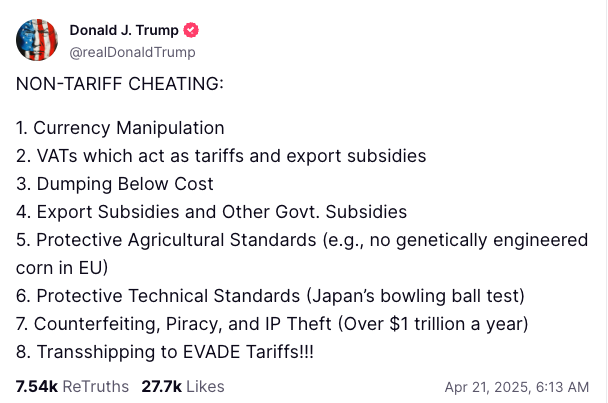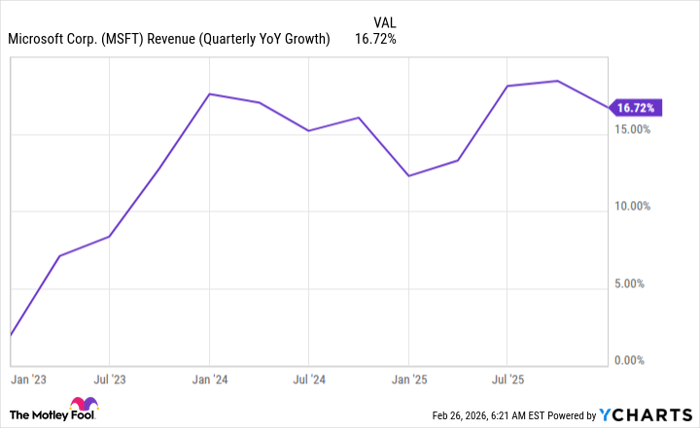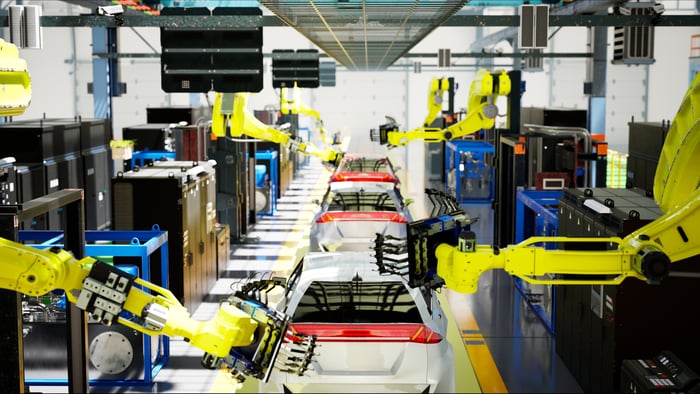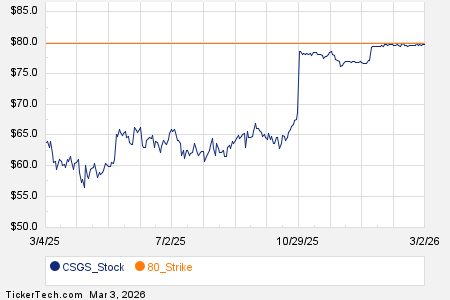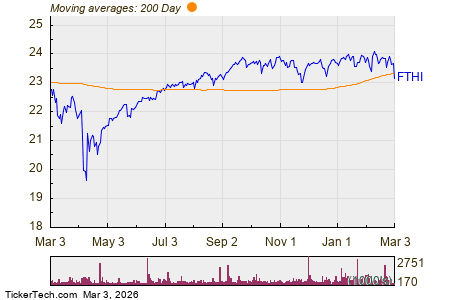Trump’s Claims on Japanese Vehicle Safety Tests Spark Controversy
President Donald Trump has raised concerns again about what he perceives as a unique vehicle safety test in Japan, labeling it a non-tariff barrier. However, a Monday report indicates that Japan’s transport ministry has rejected these claims.
Trump’s Allegations
On Sunday, Trump used social media to discuss various alleged “non-tariff cheating” practices, including currency manipulation and technical standards that he claims protect industries from foreign competition. He specifically pointed out the Japanese safety test, recalling a previous description from 2018 in which he claimed vehicles would be disqualified if a bowling ball dropped from 20 feet onto their hoods caused dents, as reported by NHK, Japan’s national broadcaster.
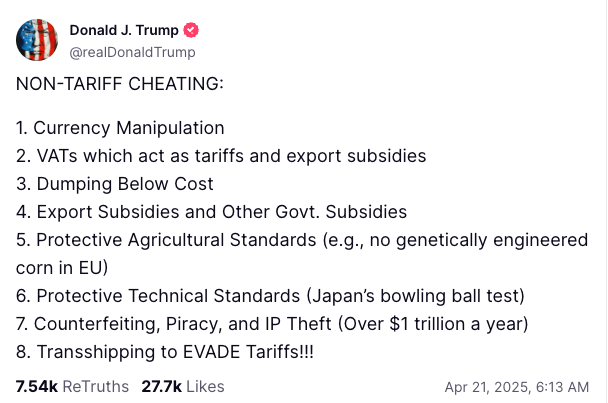
Screenshot from Donald Trump’s Truth Social Account
Japan’s Response
In response on Monday, Japan’s transport ministry clarified that its vehicle safety tests adhere to international standards set by a United Nations agreement. The ministry explained that the test utilizes a spherical device that strikes the hood at a speed of 35 km/h from a height of six feet—not the 20 feet Trump mentioned. They further added that minor hood denting is acceptable as long as it does not compromise passenger safety.
Trump contends that many leaders and business executives seek relief from his administration’s tariffs, asserting that long-standing trade injustices need resolution. While the U.S. argues that Japan’s regulations hinder American cars’ entry into the market, Japan insists that its safety standards comply with international guidelines.
Significance of the Claims
This controversy arises during ongoing tariff negotiations between the U.S. and Japan. Recently, Trump participated in preliminary discussions with Japanese officials, stating that these talks were a “great honor” and noted “big progress” as both countries deal with intricate trade matters. As it stands, Japan faces a 10% baseline tariff, in addition to 25% duties on cars, auto parts, steel, and aluminum.
The newly implemented 25% auto tariff raises concerns for the global automotive sector, with analysts predicting significant cost increases and sales declines. Goldman Sachs has projected that prices for imported vehicles could rise by between $5,000 and $15,000, while even domestically produced cars might see price hikes of $3,000 to $8,000 due to components sourced from overseas.
Photo Courtesy: Joshua Sukoff on Shutterstock.com
For further insights, explore Benzinga’s Future Of Mobility coverage by following this link.
Read Next:
This story was generated using Benzinga Neuro and edited by Shivdeep Dhaliwal
Market News and Data brought to you by Benzinga APIs


